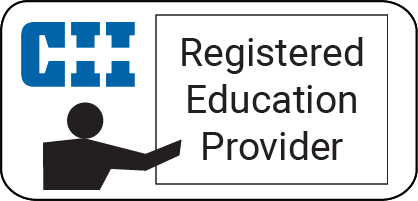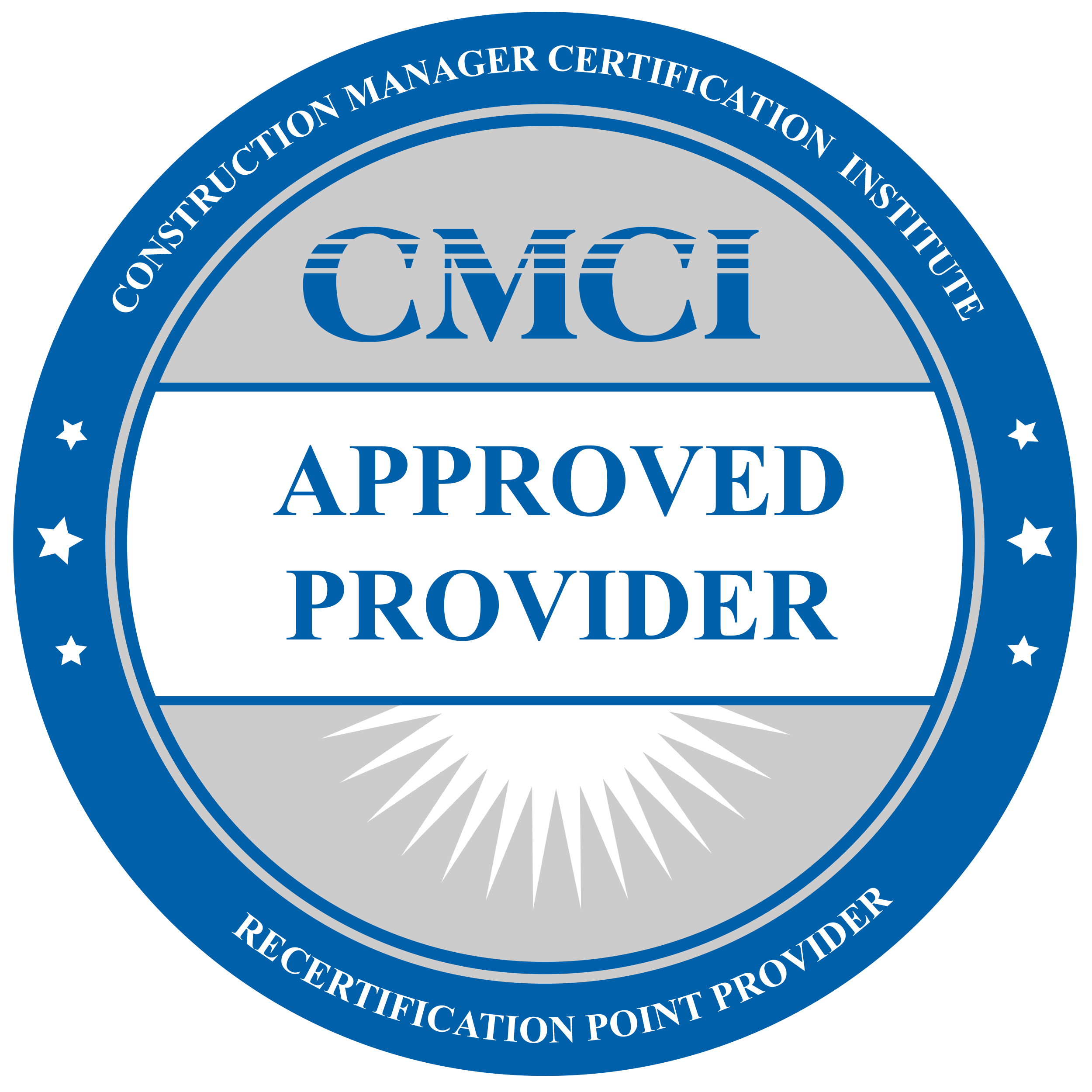Facilitation Skills & Techniques for Capital Project Workshops
VAL-223
VAL-223 is only offered as a
private course.
Contact us to arrange training.
Testimonials
What Our Clients Say
“Content was beyond my expectations. I am positively surprised to see that it does not only focus on PDRI but also some additional facilitation exercises such as brainstorming, decision matrixes, etc.”
“I’ve always considered facilitation of brainstorming meetings to be an “in-person” event, but this gave me the tools and vision of how to make this work virtually.”
“Excellently planned and delivered. Virtual facilitation is a challenge for facilitators but this is the new norm. The techniques and tools will really help us.”

Valency is a Registered Provider with the Construction Industry Institute (CII).

CMAA Registered Provider
This course is eligible for 7 RPs from the Construction Management Association of America (CMAA).
Related
Courses

PDRI Principles & Practices
VAL-102

Construction Readiness Principles & Practices
VAL-115

Commissioning & Operational Readiness Principles & Practices
VAL-125
Get In Touch
Do you have questions about our courses?
We are here to help! Reach out for more information about our course offerings, registration details, private courses, or additional support.


